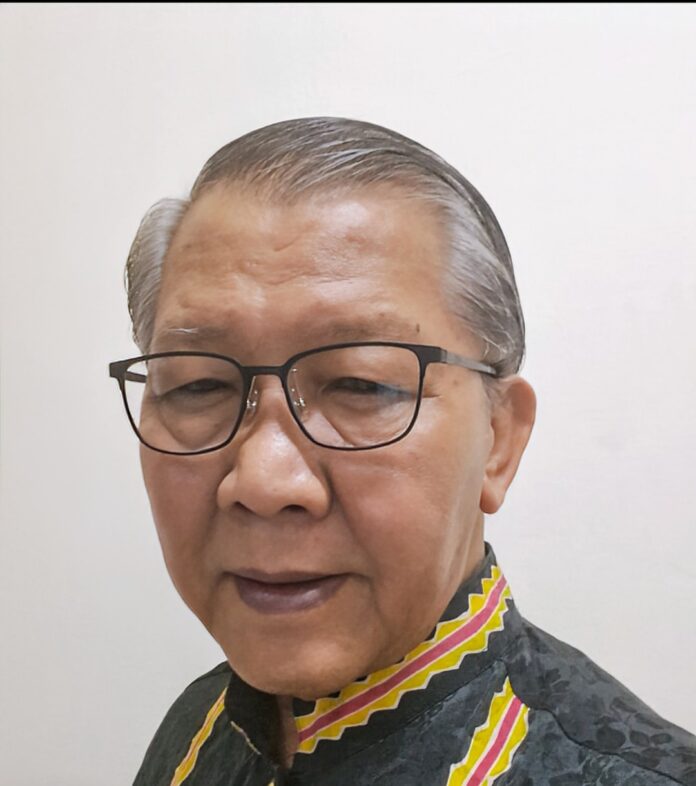Datuk James Ligunjang…The answer is Yes, by understanding the political differences and the path forward.
KOTA KINABALU : – Sabah and Sarawak, two of Malaysia’s most diverse and historically significant states, continue to be focal points in discussions on political stability and development.
While Sarawak has maintained a relatively stable and unified political landscape, Sabah’s journey has been more turbulent, influenced by unique historical factors and internal challenges.
Sarawak’s stability largely stems from a strong coalition of local parties—primarily GPS—and a mature relationship between indigenous communities and their representatives.
The dominance of PBB (Parti Pesaka Bumiputera Bersatu) leaders, who prioritize internal cohesion and maintain balanced ties with the federal government, has fostered steady development and a sense of unity among Sarawakians.
In contrast, Sabah’s political landscape has been marked by unpredictability.
The involvement of UMNO in Sabah politics was motivated by short-term interests, which led to internal divisions and a shifting of powers often favoring federal over local priorities.
The controversial Project IC, allegedly manipulating electoral demographics, further damaged Sabah’s political integrity and bred distrust.
These factors have contributed to political instability, low voter confidence, and a weakening of local sovereignty.
Despite these challenges, Sabah has significant potential to emulate Sarawak’s stability. Achieving this requires fostering unity among local leaders and parties.
Coalitions like GRS (Gabungan Rakyat Sabah) can serve as platforms to strengthen local governance and present a cohesive front.
Prioritizing Sabah’s unique interests, embracing unity, and developing collective strategies for growth and sovereignty are essential steps forward.
The upcoming state election is a critical juncture. Historically, fragmentation among political parties has led to weak governance and missed opportunities.
Supporting a unified coalition like GRS is vital, as it can lead to stronger representation, better negotiations with federal authorities, and policies tailored to Sabah’s specific needs.
Conversely, parties contesting alone risk deepening divisions and diminishing Sabah’s voice on the national stage.
While independent ambitions may seem appealing, they ultimately weaken Sabah’s collective strength and long-term progress.
Your vote is your voice.
Supporting GRS and advocating unity can help Sabah achieve stability, sovereignty, and sustainable development. Through coalition-building and dedicated leadership, Sabah can secure its future, foster harmony, and improve the lives of all its communities.
Make your vote count — support unity, support GRS, and help build a stronger Sabah.
*Rumah kita, kita jaga.*
Datuk James Ligunjang J.P A political activist and is a
former State Assemblyman.

